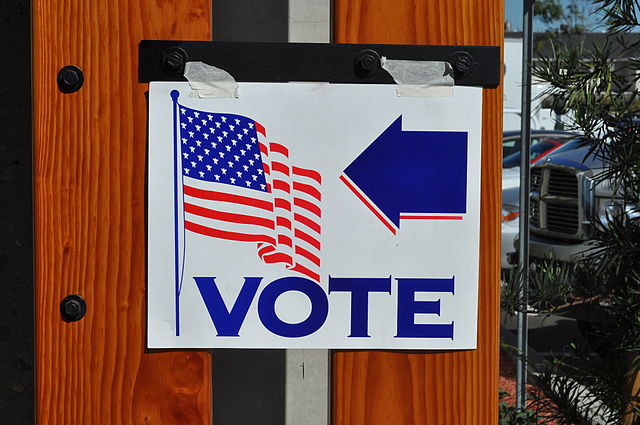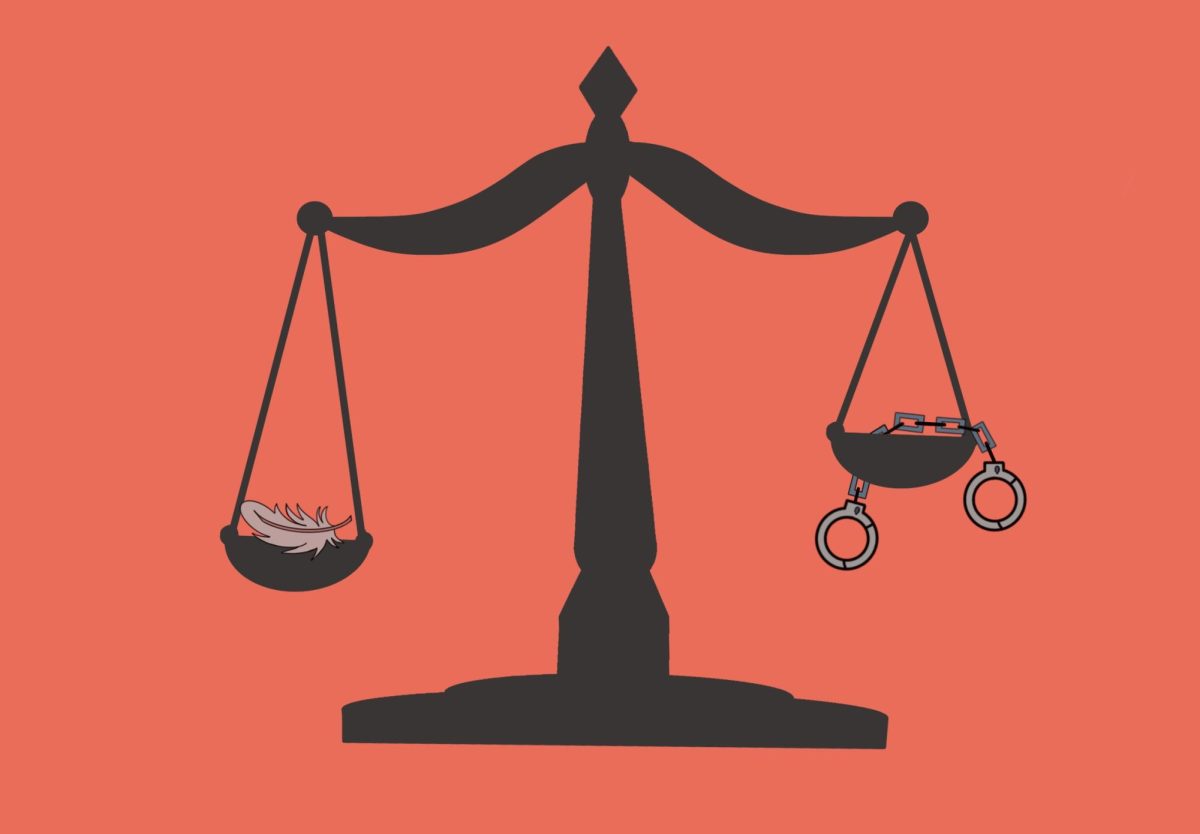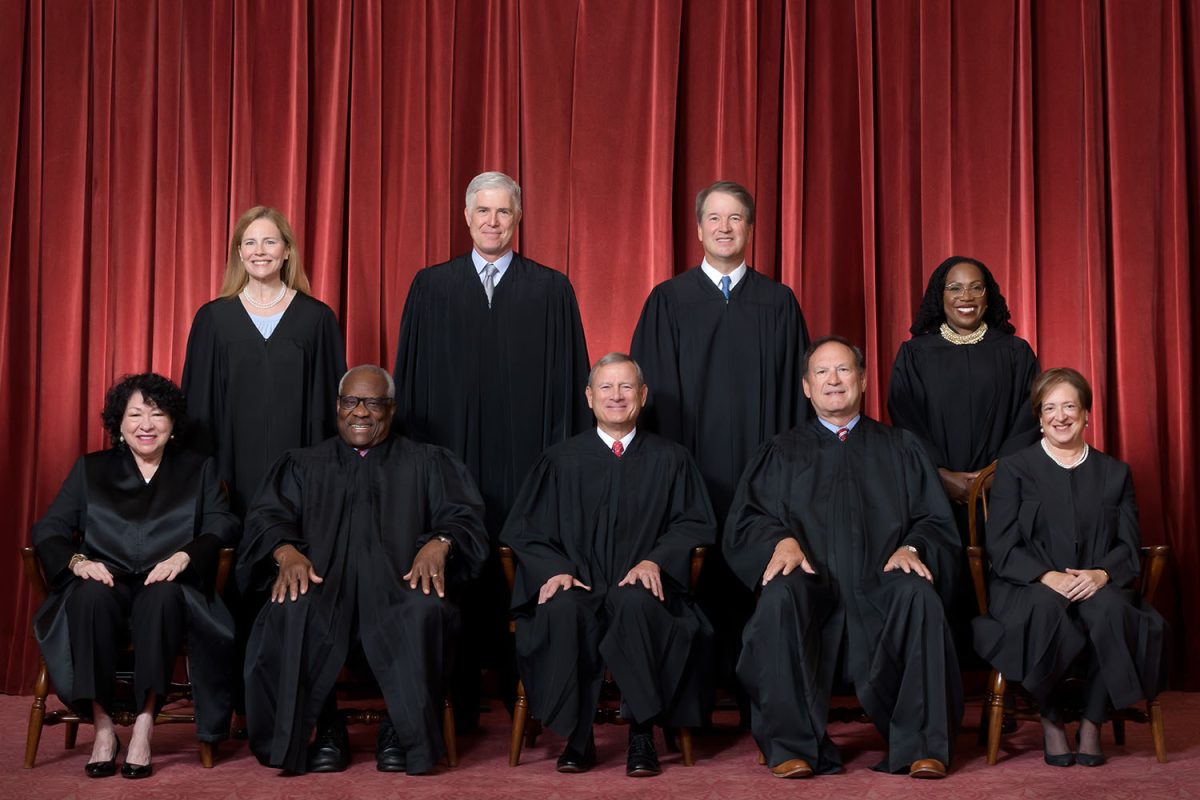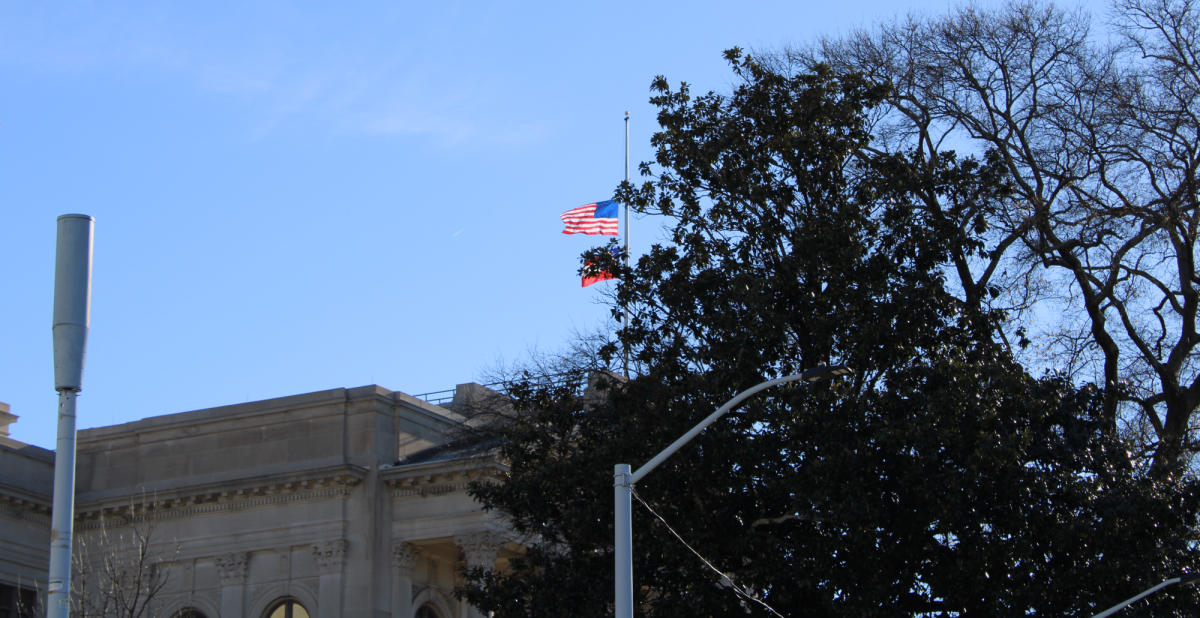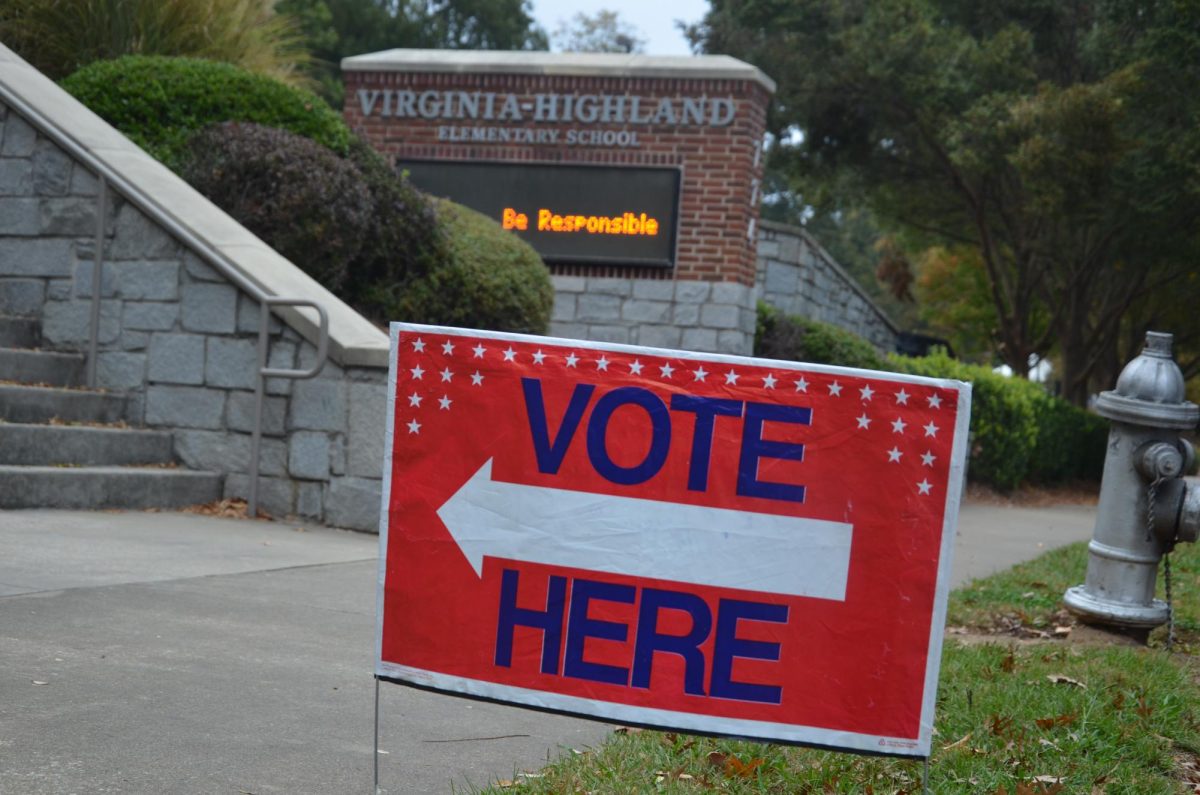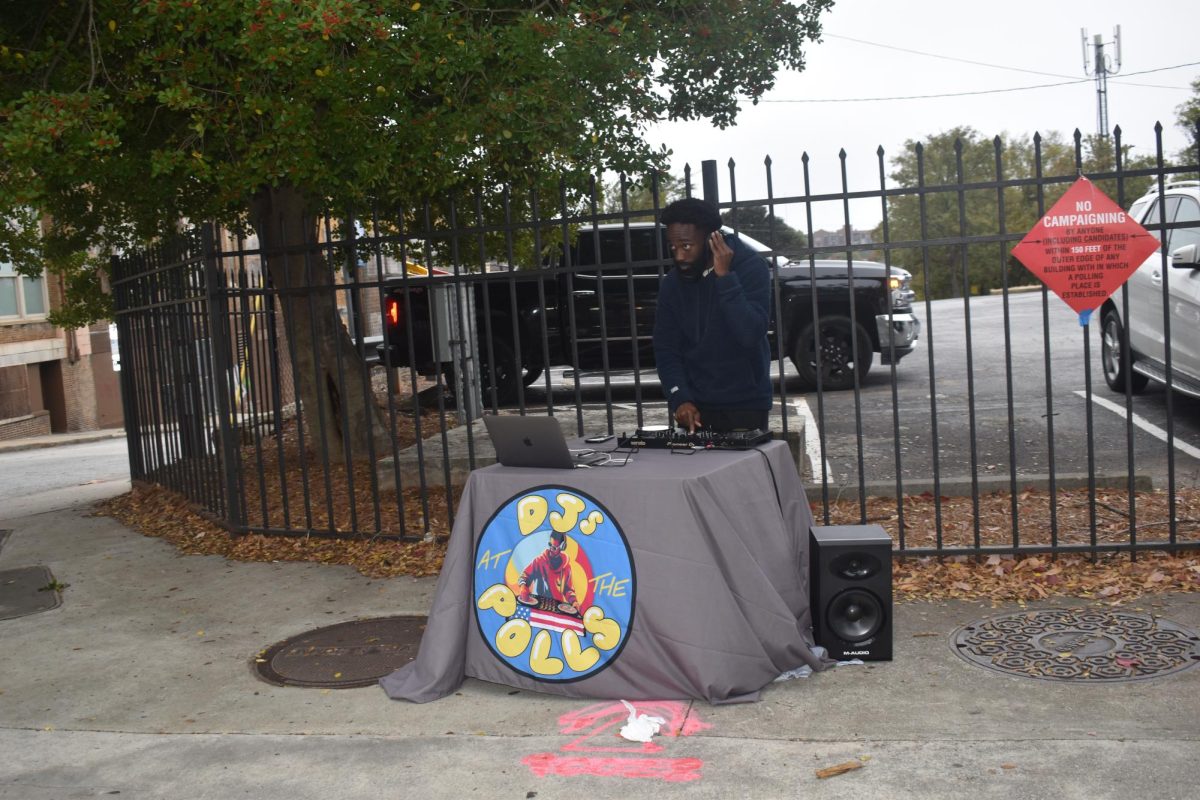Georgia election officials are now unable to delay certification of the 2024 election, even if they suspect fraud. This comes after an Oct. 14 ruling by Fulton County Judge Robert McBurney, which state officials had a mandatory obligation to certify results. This decision represents a crucial step towards protecting American democracy.
This ruling is the result of a lawsuit by Julie Adams, a Republican member of Fulton County’s Election Board, who argued that she was empowered to refuse certification of votes that she believed to be tainted by fraud. Adams’s lawsuit echoes sentiments expressed in the numerous legal attempts to decertify the 2020 election.
In the wake of President Joe Biden’s victory over former President Donald Trump, a multitude of lawsuits were filed claiming the election was ridden with fraud. Chief among these was Texas v. Pennsylvania, a suit filed in the U.S. Supreme Court, which contested the administration of the election in Georgia, Michigan, Pennsylvania and Wisconsin (all states in which Biden defeated Trump). The Supreme Court declined to hear the case. Thirty other cases got through to judges in lower courts, but 29 were quickly dismissed. The one remaining case was initially ruled in Trump’s favor, but was later struck down by the Pennsylvania Supreme Court.
If election officials were allowed to delay or reject certification just because they suspected fraud, our election system would break down. Officials from both parties could refuse to certify votes because they didn’t support their preferred candidate, and if questioned they could claim they suspected fraud. As Judge McBurney put it, if county election board members were, “free to play investigator, prosecutor, jury and judge and so — because of a unilateral determination of error or fraud — refuse to certify election results,” the voices of Georgia voters would be rendered obsolete. The President of the United States must be chosen by the people, not by a group of county board members.
While the ruling protects democracy against errant board members, it also bars officials from delaying certification of votes, even if they genuinely suspect fraud or error. Although this may sound like a weakness, election board members have a system in place if they suspect an issue with votes. Board members have the right to investigate and report any suspicions of fraud to prosecutors, who can then take action; this ruling doesn’t prevent them from defending elections against fraud, it simply stops them from doing so completely at their own discretion, with nobody to put them in check.
It’s also worth noting that cases of fraud are extremely rare. According to the Brennan Center for Justice, most reported incidents of voter fraud are actually due to mishaps in other parts of the election process, such as clerical errors or faulty data matching practices. In reality, the incidence rate of voter fraud in the 2020 election was between 0.0003 and 0.0025 percent. The rate of fraud is so tiny that it could have no effect on even the tightest of elections. In fact, an American voter is more likely to get struck by lightning than to impersonate another voter at the polls.
Election board officials can’t be allowed to refuse certification due to baseless claims or beliefs of fraud. While McBurney’s ruling does prevent officials from delaying certification if they are truly suspicious of fraud, these real cases are so rare that they’re inconsequential in determining election results. Additionally, Georgia has a reporting system to investigate and prosecute any veritable voter fraud. By establishing a mandatory obligation for officials to certify votes, Georgia has a failsafe to protect the integrity of elections.

